Oil Companies: Keep out of Colombia's Seven Coloured Sea!
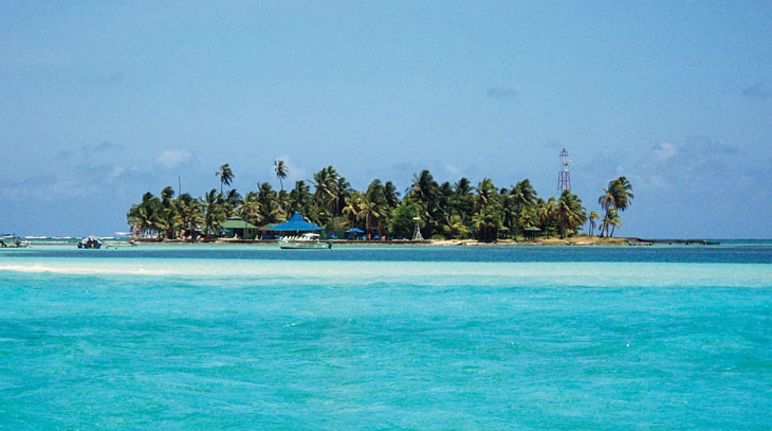 Don't destroy Colombia's Seven Coloured Sea!
Don't destroy Colombia's Seven Coloured Sea!
A consortium made up of the Spanish oil company Repsol (35% of shares), Colombia's state owned oil company Ecopetrol (50% of shares) and YPF (15% of shares) has been awarded concessions over two suspected oil fields, called Cayos 1 and Cayos 5, which are located just off the shore of the Caribbean archipelago of San Andrés, Providencia and Santa Catalina in Colombia.
Call to action“”
The archipelago and the surrounding sea, also called the Seven Coloured Sea, make up the 350,000 square kilometre Seaflower Biosphere Reserve, declared by UNESCO in 2000 and the Seaflower Marine Protected Area (MPA), established by the Colombian government who thus acknowledged the need to protect this ecosystem and to safeguard the survival of the islands' indigenous Raizal communities. The destruction or degradation of this marine and island ecosystem would threaten marine and fishery resources which sustain local fishermen and provide food security for all islanders. Last year's disaster in the Gulf of Mexico highlighted the scale of the risk posed to by oil drilling.
Oil exploration will further threaten the marine life, including coral reefs, through the damage caused by spills and leaks of toxic pollutants, drilling, noise pollution (a particular threat to whales and dolphins. It will also threaten a fragile natural barrier near the shore which protects the islands from flooding. The coral reefs provide habitat and food for more than one quarter of the region's marine species, stabilises the beaches and gives the Seven Coloured Sea its name. Tourism is the most important economic sector on the islands, and people are also heavily dependent on fishing.
The environmental authority of San Andres has filed a lawsuit against the National Hydrocarbons Agency (ANH) to try and force them to stop oil exploration and drilling plans because the necessary and appropriate legal consultations with local communities were not carried out, as is often the case where transnational companies are involved.
Please support those islanders who are oppose this atrocity by signing the letter below which will be automatically sent to the Colombian Government, the Director of UNESCO and the presidents of REPSOL and Ecopetrol.
LetterDear President Santos,
Dear Energy Minister Rodado,
Dear Environment Minister Uribe,
Dear UNESCO Director, Ms Bokova,
Dear President of REPSOL president, Mr. Brufau,
Dear President of Ecopetrol, Mr. Gutiérrez Pemberthy,
I was deeply shocked to learn that the oil company REPSOL-YPF and the Colombian state oil company ECOPETROL hold concessions over the suspected oil fields CAYO 1 and CAYO 5 in the Northern Keys of the Archipelago of San Andrés, Providencia and Santa Catalina in Colombia, and that you intend to undertake oil exploration in this fragile Caribbean ecosystem.
There are vital reasons why the oil companies must not proceed with the plans, since by doing they, as well as the Colombian government and UNESCO would be disregarding the following:
- Oil exploration and exploitation within such a diverse ecosystem is an atrocity. It will negatively affect this fragile ecosystem and the native raizal island community, an ethnic minority which relies heavily on small-scale fishing. The area holds one of the best-conserved and most extensive coral reef systems in the world. It is also one of the last remaining nesting sites for sea turtles and home to at least 57 species of coral, 400 species of fish, and 150 species of birds.
- The archipelago has been part of UNESCO’s World Network of Biosphere Reserves since the year 2000. This designation recognises the importance of the natural and cultural heritage of the islands and calls for a process of sustainable development which ensures the welfare of local people. It also involves an international commitment to protect these islands, a commitment which the Colombian government will breach if they proceed with oil exploration. Oil exploration is not sustainable.
- It is a region of high biodiversity and ecological value for local communities. For this reason, it also forms part of a worldwide system of Marine Protected Areas (MPAs).
- As a signatory to the Convention on Biological Diversity, Colombia may breach its international commitments and seriously jeopardise the entire Caribbean if it allows oil exploration in this area.
-The environmental authority of Archipelago has already filed a lawsuit challenging the granting of the concessions because the right to free, prior and informed consent (FPIC) was not guaranteed, as is so often the case when transnational companies are involved.
For these reasons, I ask you to immediately stop the absurd plan of exploring for oil in the archipelago.
I expect from ECOPETROL, REPSOL and YPF a response which goes beyond the submission of a 'corporate social responsibility' report and instead answers the specific concerns expressed in this letter.
I expect that the Colombian government acts to protect its citizens and its ecosystem, instead of indiscriminately handing over natural resources for commercial purposes. The Government must cancel the oil exploration contracts and protect the coral reefs and the sea.
I expect from UNESCO an active interest in the fate of the Seaflower Biosphere Reserve and appropriate measures to ensure its protection, including a ban on fossil fuels exploration.
Yours faithfully,
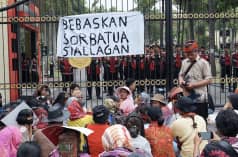
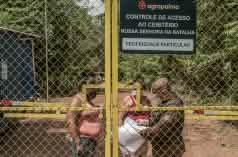
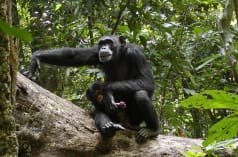








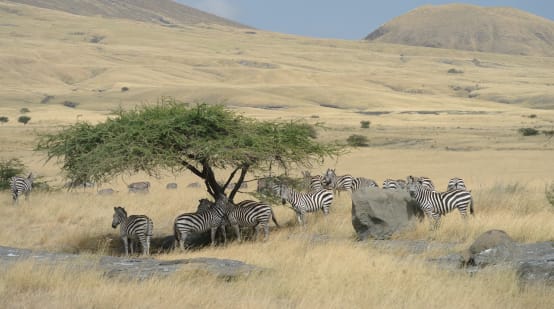
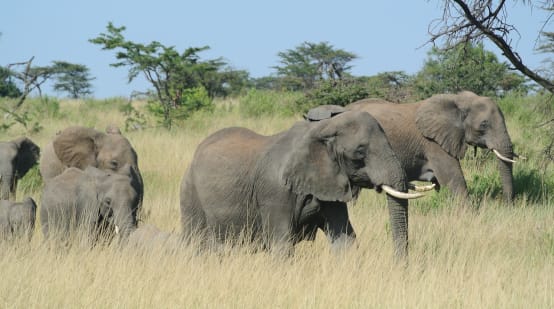
 Recent successes
Recent successes